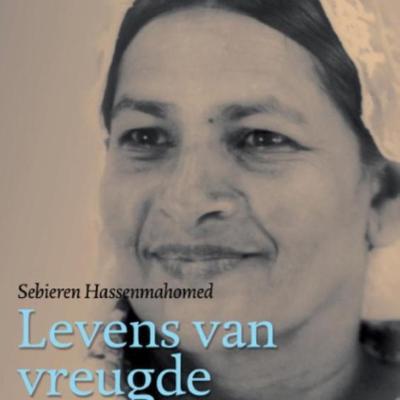For centuries, the question of "women in Islam" has been held hostage by two opposing but equally radical perspectives: one, rigid Islamic conservative; the other, western, ethnocentric, and islamophobic.
In 20 Questions and Answers Asma Lamrabet criticizes with both perspectives from a reformist perspective. She takes the propositions of these perspectives and goes back to the sources - the Qur'an and the Hadith - to analyse the different arguments and weight them against the interpretation.
Introduction
1 Was Eve created from Adam’s rib in the Islamic sources?
2 Are men and women unequal in Islam?
3 What does the Qur’an say about women?
4 Do men have authority over women in Islam?
5 Does the Qur’an allow violence against woman?
6 Do Muslim women need a guardian for the purpose of marriage?
7 Is “stoning” the punishment for adultery in Islam?
8 Does the testimony of one man equal that of two women in Islam?
9 Why do women inherit half of man’s share in Islam?
10 Is polygamy a marriage norm in Islam?
11 What are the dress ethics for men and women in Islam?
12 How does the Qur’an address the issue of Muslim woman’s veil or “Hijab”?
13 How is the veil of Muslim women trapped between the colonial ideology and the traditionalist Islamic discourse?
14 What are the Qur’anic ethics of marriage?
15 What is the meaning of dowry in Islam?
16 What does the Qur’an say about the interfaith marriage?
17 Why do we need a new rereading of the Revelation for the topic of women?
18 Why should Muslim women develop an innovative discourse
as a third way?
19 How can we promote gender equality in Arab society?
20 How can a reformist approach to Women´s issues in Islam be adopted?
Further Reading




